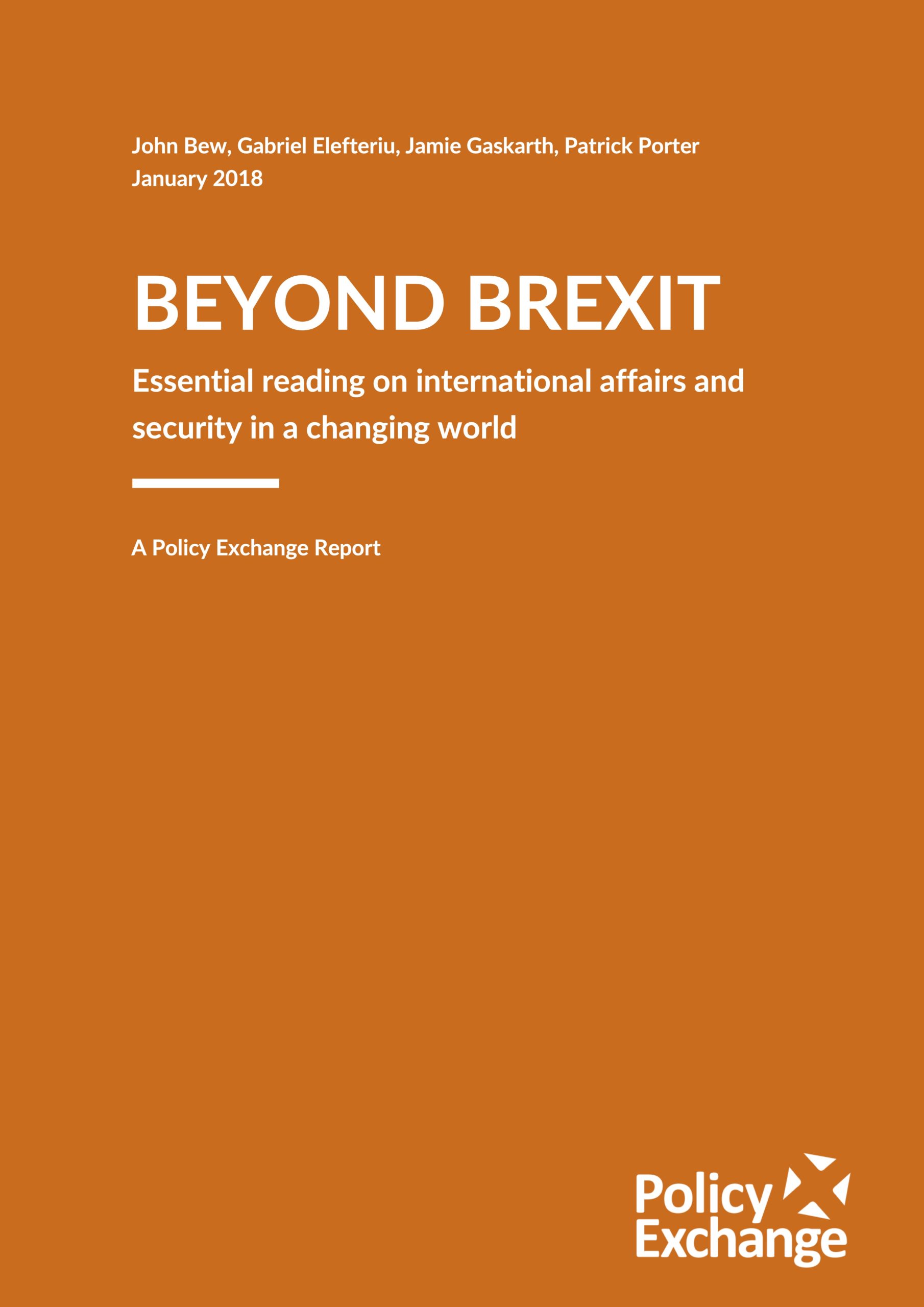
Beyond Brexit: Essential reading on international affairs and security in a changing world
Brexit has transformed the contours of British foreign policy but its full effects will not be known for many years. On the one hand, its opponents warn that it risks undermining the UK national interest by disrupting crucial relationships with its nearest neighbours and is the triumph of an isolationist ‘little Britain’ mentality. On the other hand, its advocates suggest that there is a moment to seize, arguing that Britain now has increased freedom of manoeuvre and latitude of action in the world beyond and aspire to a vision of a new “global Britain” in which the UK expands its influence in other parts of the globe.
Around the world, many national governments are over-stretched, internally divided on foreign policy and locked in a “crisis management” approach to national security. With the pace of political, economic, social, military and technological change occurring faster than ever before, there is an alarming knowledge deficit about the drivers of global affairs.
US Defense Secretary James Mattis and National Security Advisor H.R. McMaster, who both spoke at Policy Exchange in 2017, are among the senior figures who have emphasised the importance of reading widely, particularly in history, to understand the world. Policy Exchange’s Britain in the World project is therefore delighted to share our new reading list, which is designed to be an introductory survey of literature of relevance to British foreign and national security policy. We hope that the identification of some important themes provides a useful starting point for practitioners, parliamentarians, scholars and students.



